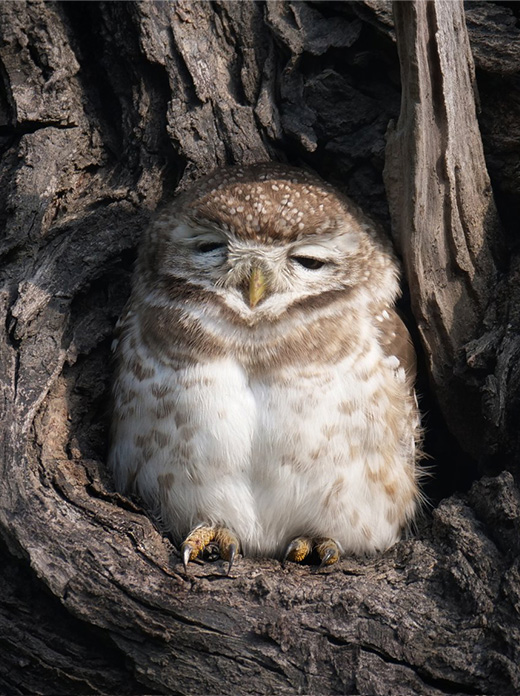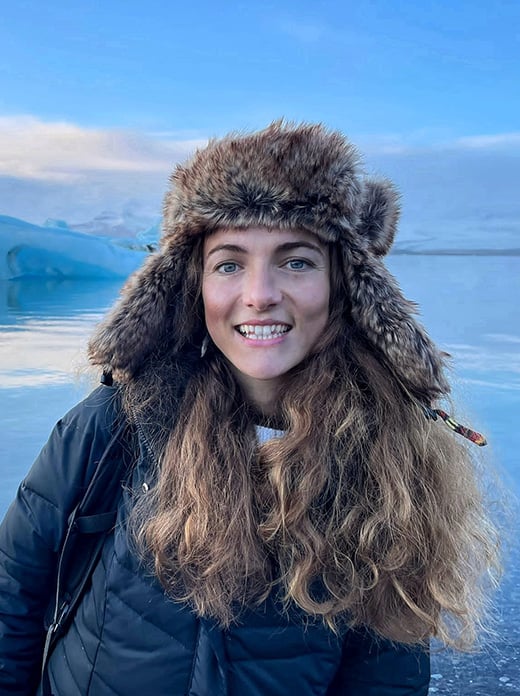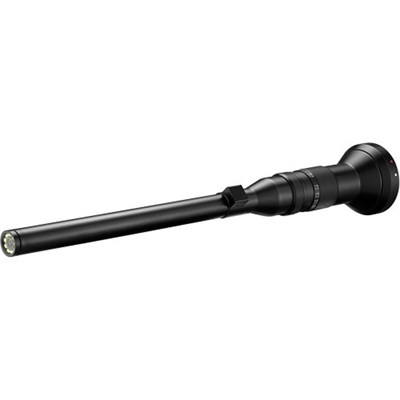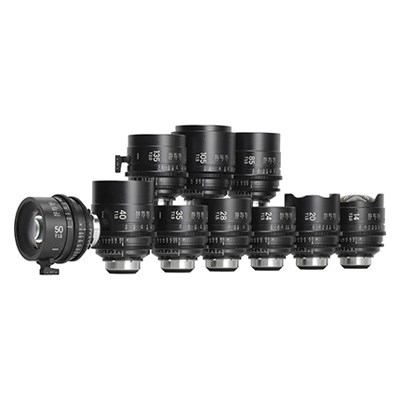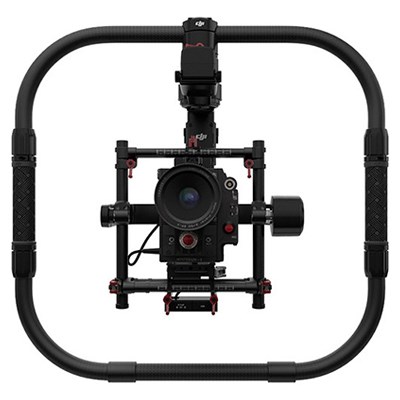Frequently Asked Questions
- Which photographer/filmmaker most inspires you, and why?
-
I was raised in the countryside of Andalucía (Spain), and always been hugely passionate about wildlife, photography, film and storytelling. I wanted to work in natural history filmmaking since I was young. I had also grown up watching natural history documentaries with Sir David Attenborough. Seeing the BTS pieces at the end of each programme made me realise that this was the career I saw myself pursuing. Sophie Darlington, Justine Evans and Shannon all inspired me to seek a career in the filmic industry. They are so incredibly dedicated to their craft and respect the wildlife they are clearly so passionate about. They are the masters of emotional storytelling. I certainly aspire to follow in their footsteps.
- What is your most memorable shooting experience?
-
A hard question! I’ve been fortunate enough to travel to so many amazing places. I would say the most extraordinary experience was when filming in Papua New Guinea; one of the most biodiverse places on our planet, and home to over 895 bird species including the birds of paradise. We went there to film another extraordinary bird - a male MacGregor’s bowerbird. Its mimicry calls are incredible, with its range and repertoire far surpassing any other; from giggling children to pigs, even human voices. I remember being startled the first time I heard a male MacGregor! We spent a total of 957 hours filming over the 6 week period. We successfully managed to film the sequence. Following this, the locals wanted to celebrate. In a country with over 850 different languages, the only way we could communicate (apart from with my broken Pidgin English) was with the universal language of dance; the villagers came together to freestyle in celebration of the filming. Everyone looked positively radiant and resplendent, dressed in traditional head gear and paint. I looked rather less appealing at this point, covered in sweat and donning hiking gear. They blessed our onward journey home and gave me a new nickname – ‘upisa oromo’. It translated to bird of paradise girl; a name and experience I shall treasure forever.
- What one piece of advice would you offer to people starting out in your industry?
-
I would say the most proactive action you can take to get into this industry is to practice filming. Then watch as many natural history documentaries as you can; watch as many films as you can. You need to learn what makes a good story from those that came before you. Equally, if you really want to work in this industry, you have to show that you are willing to work hard. Prove to the employers that you eat, sleep, drink and breath wildlife filmmaking; then build up a portfolio of work to show to producers. Communication, collaboration and people skills are the most important. Most of all, show how passionate you are. Be passionate, positive, persistent and patient.
- What is the best shooting tip you've ever received?
-
This largely depends on what you are shooting, but for the most part - whether you’re shooting long lens, macro, gimbal or drone – try to commit to getting the framing right. There’s nothing worse than re-framing in on the action or missing the shot. Commit to the frame you’ve decided on and trust that you can hold it, riding the focus. Another tip is to allow for the action to play out in front of you, rather than trying to follow-focus. This is where you’ll get those once in a life-time moments that make your career. Equally don’t add moves in the shot unless necessary; there is no need to move the camera unnecessarily. This is often how you end up missing a shot or moment.
